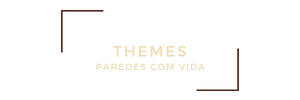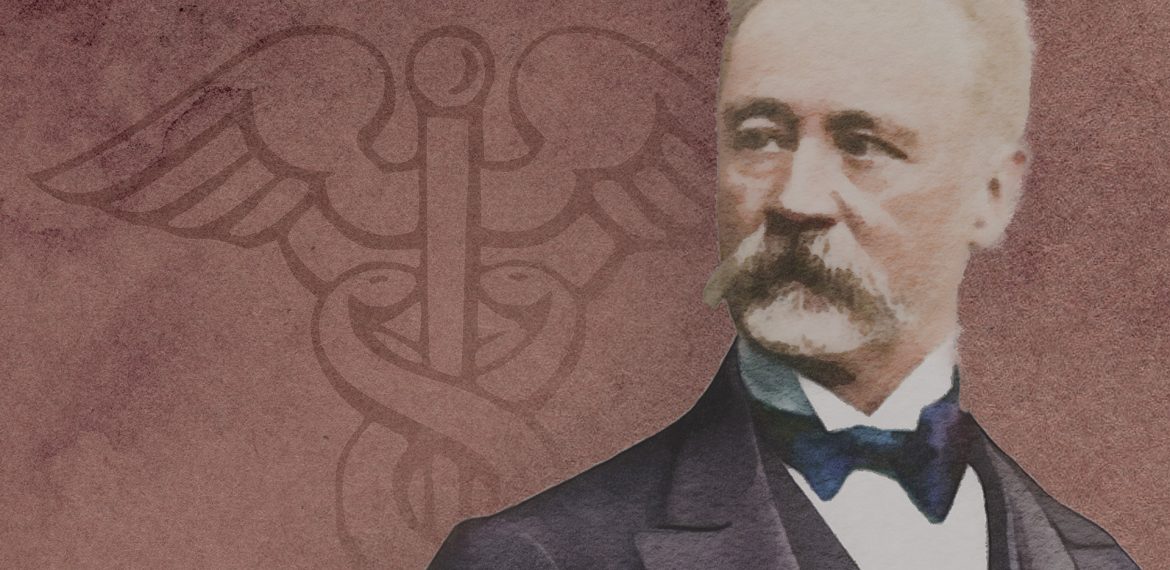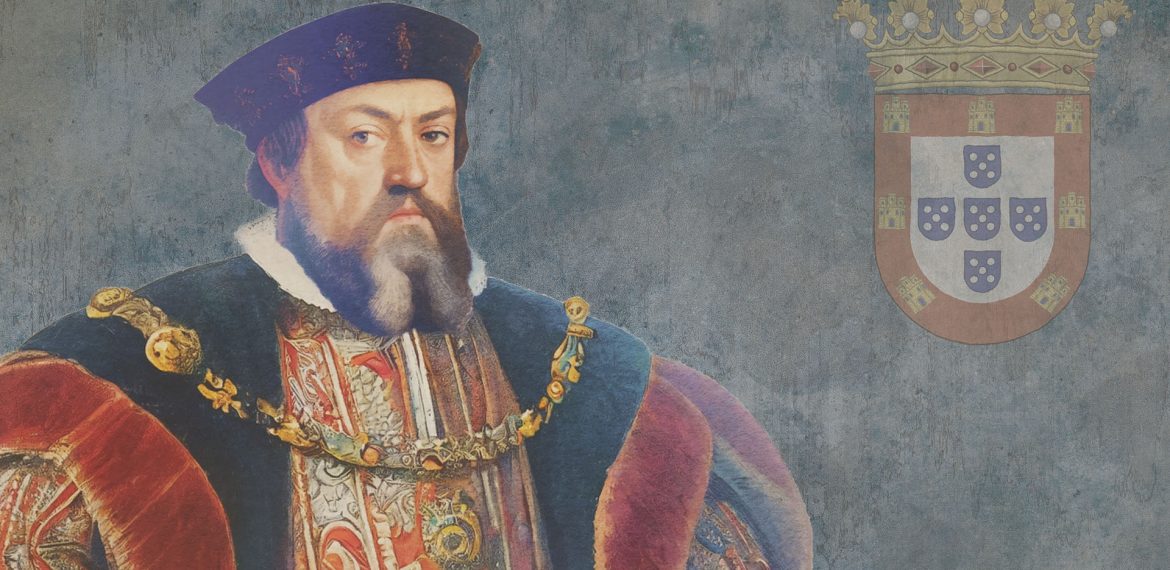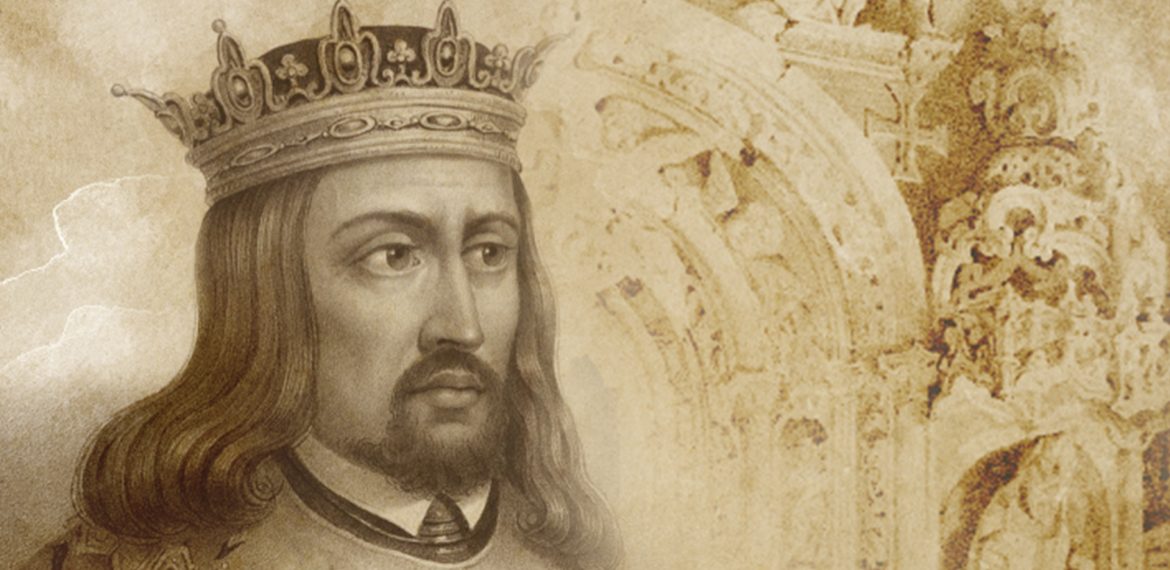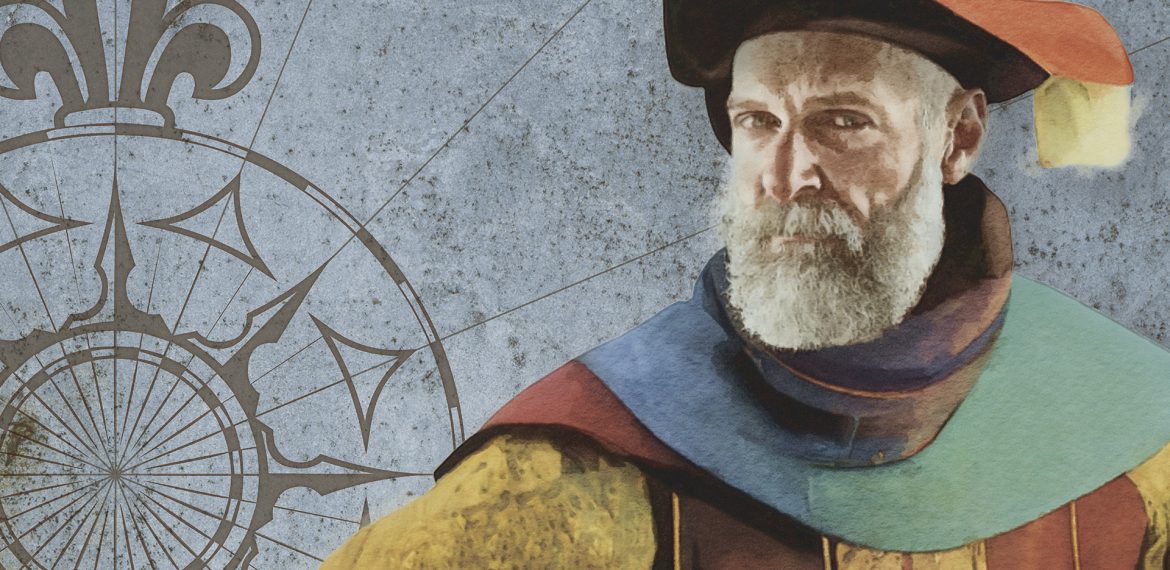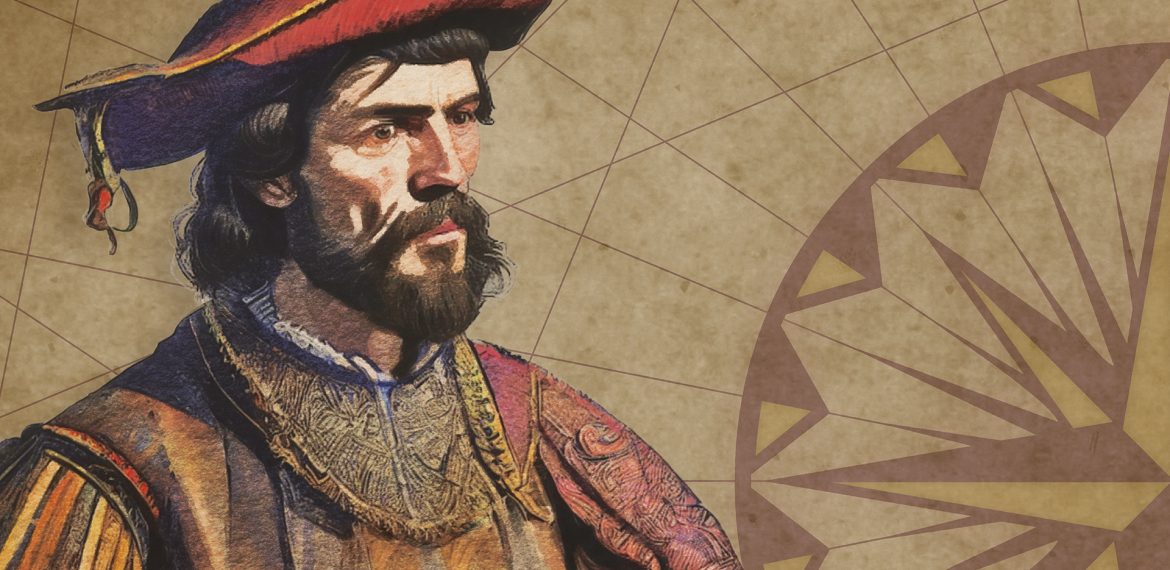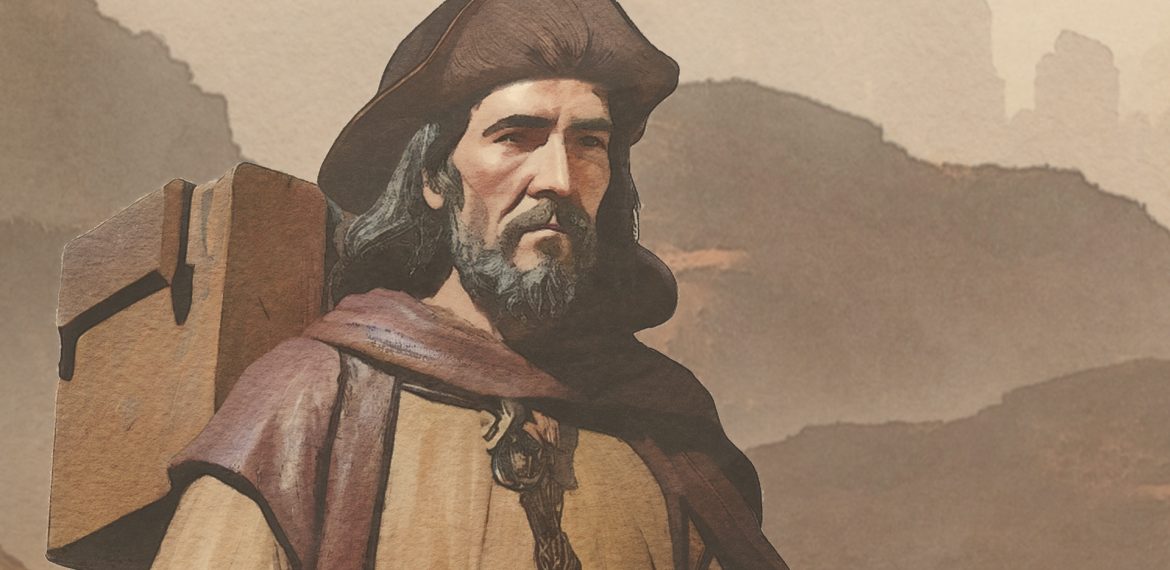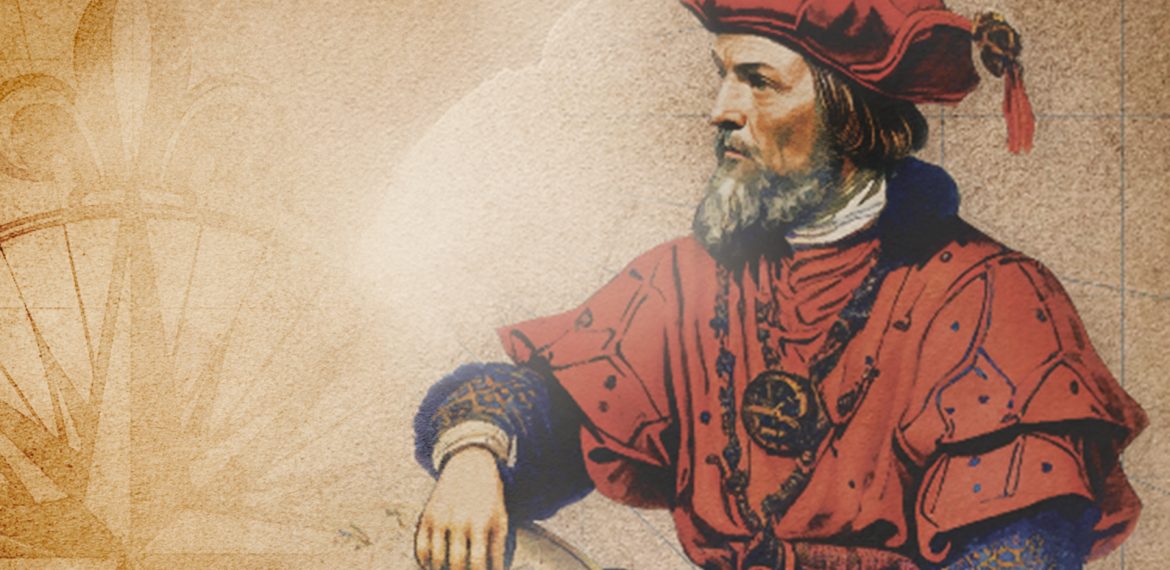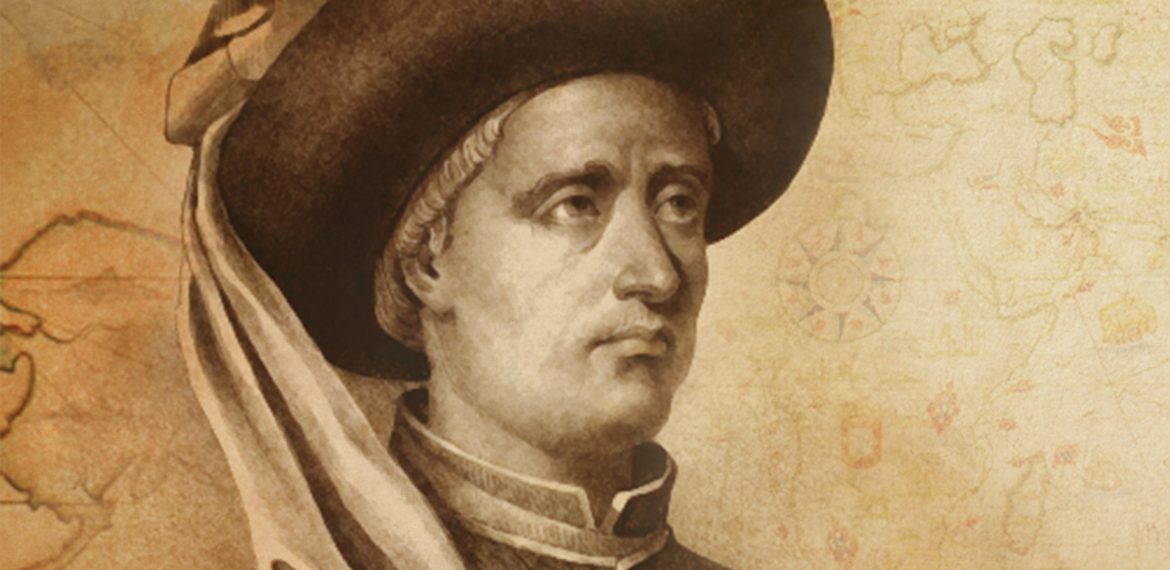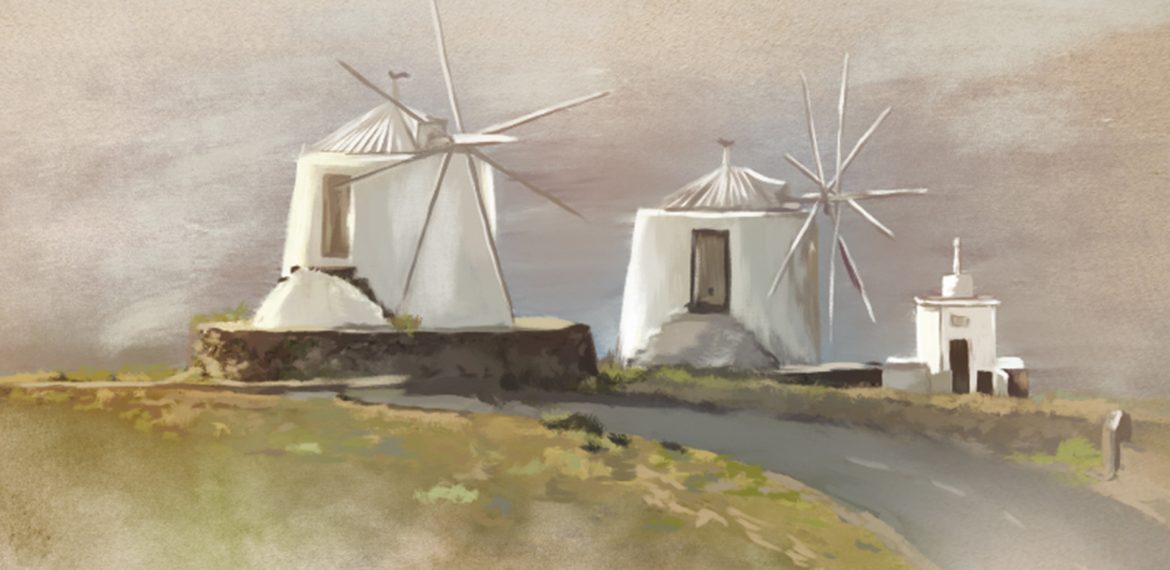Contents
Vila Galé São Miguel
José Curry da Câmara Cabral was one of the most prestigious Portuguese doctors, as well as a professor of medicine at the Lisbon Medical-Surgical School and one of the most famous researchers and professors in the area of medical sciences. His name gained singular recognition due to the fact that
King John III is one of the most celebrated Portuguese monarchs. Heir to a vast maritime empire that stretched across the Orient, Africa and the Americas, he ruled Portugal and its vast domains between 1521 and 1557. He was the first-born son of King Manuel I’s second marriage to Maria
King Manuel I was one of the most famous Portuguese monarchs, reigning over four continents and three oceans. Known as the Fortunate One, he ruled between 1469 and 1521, 26 years marked by a period of great navigations and discoveries, such as the arrival in India and Brazil, but also
Diogo de Silves is the assumed name of a Portuguese navigator from the 15th century who allegedly discovered the Azores Islands in 1427. According to a letter by the Catalan Gabriel de Valseca, dated 1439, Diogo de Silves may have been the discoverer of Santa Maria Island, and most likely
Gonçalo Velho Cabral was a navigator, knight of the House of Prince Henry the Navigator, to whom is attributed the discovery of the islands of Santa Maria and São Miguel, of which he was the first Donatary Captain, and also responsible for their settlement. Gonçalo Velho Cabral das Pias was
Bento de Góis was a Jesuit priest from the Azores, known for having undertaken one of the greatest explorations in the history of humanity. Born in Vila Franca do Campo, São Miguel Island, in August 1562, he was the first European to travel the land route between India and China
Diogo de Teive was a navigator and squire of the House of Prince Henry the Navigator, to whom we owe the recognition of the islands of the Western Group of the Azores, Flores and Corvo, of which he was the first Donatory captain. Son of Lopo Afonso de Teive, squire
Prince Henry the Navigator is the main protagonist of the Portuguese Discoveries and the mentor of the discovery and settlement of the Azores archipelago. A member of the Great Generation, he was the third of the six surviving children of King John I and Filipa de Lencastre, and was born
Corvo Island is the smallest and least populated island of the Azores, making up, along with Flores Island, the Western Group of the archipelago. It is the seat of a single municipality, with a total area of 17.13 km² and only 386 inhabitants. Its territory is formed by a single
Categories
Latest Posts
- 15 de February, 2023
- 29 de September, 2017
- 29 de September, 2017
- 29 de September, 2017
- 29 de September, 2017
